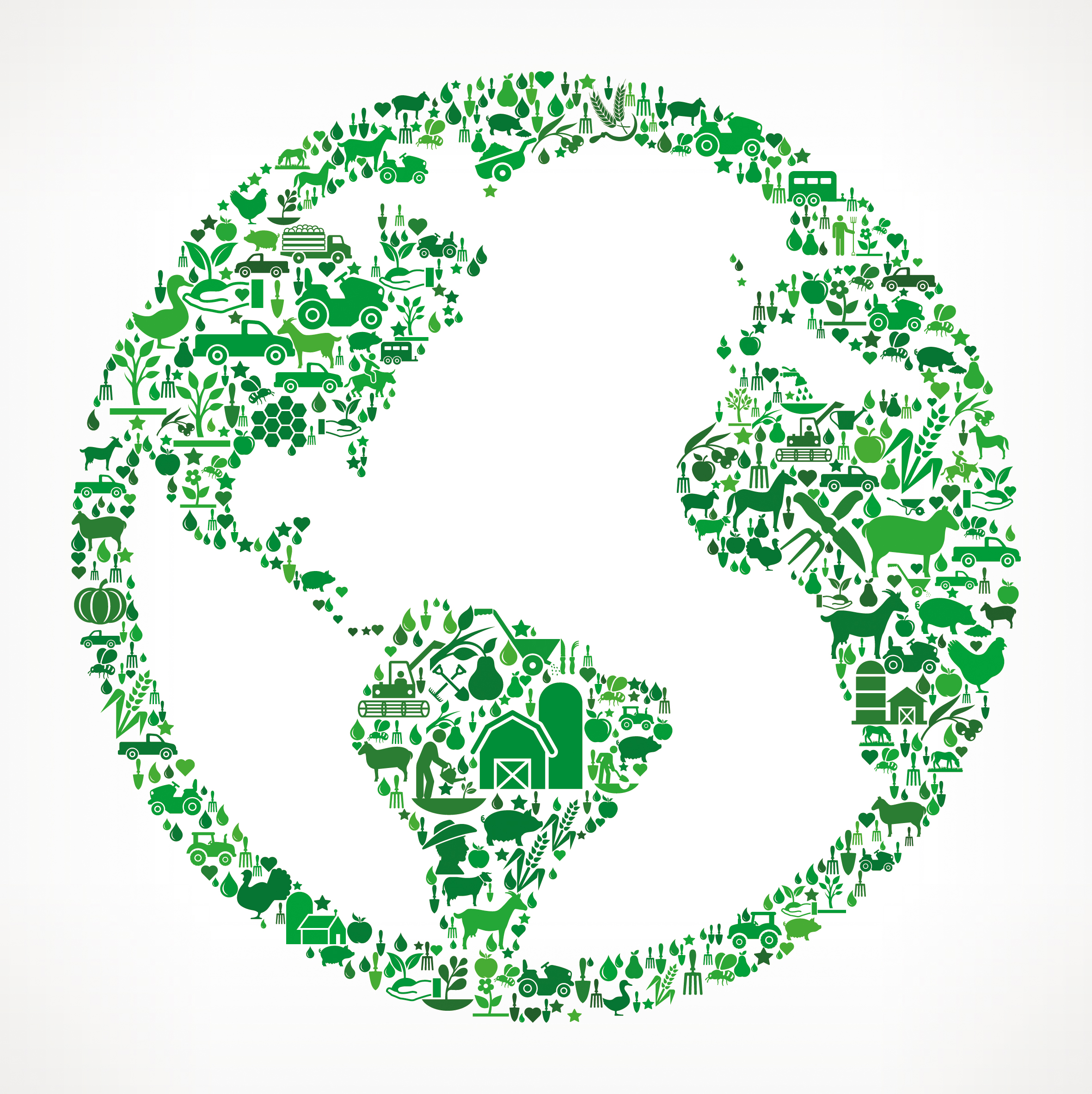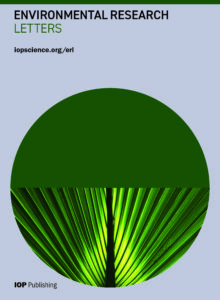ERL特刊精选|Archetypes of Sustainable Land Use and Governance

特刊详情
客座编辑
- Christoph Oberlack,瑞士伯尔尼大学
- Simona Pedde,荷兰瓦赫宁根大学
- Luigi Piemontese,瑞典斯德哥尔摩复原力中心
- Diana Sietz,德国Thünen生物多样性研究所
- Tomas Vaclavik,捷克帕拉茨基大学
主题范围
This Focus Issue will advance knowledge about archetypes of (un)sustainability in four thematic priority areas of land use systems:
- telecoupled land systems
- land governance
- farming systems
- interactions between land, food, climate and biodiversity (e.g. with reference to Sustainable Development Goals)
This Focus Issue will address four major frontiers in current research on archetype analysis and transformations to sustainable land use systems: (i) advance middle-range theories of land use change and sustainable land use systems; (ii) spark methodological innovations in archetype analysis (e.g. innovative mixed methods approaches, integrate pattern identification, diagnosis and scenario building approaches; innovative ways of validation); (iii) targeted insights into scaling and transfer of sustainable land solutions; (iv) inspire change agents for transformations towards sustainable land use systems.
特刊文章
Editorial
Archetypes in support of tailoring land-use policies
Christoph Oberlack et al 2023 Environ. Res. Lett. 18 060202
Letters
Multi-tier archetypes to characterise British landscapes, farmland and farming practices
Cecily E D Goodwin et al 2022 Environ. Res. Lett. 17 095002
Frontier metrics for a process-based understanding of deforestation dynamics
Matthias Baumann et al 2022 Environ. Res. Lett. 17 095010
Michael Beckmann et al 2022 Environ. Res. Lett. 17 115008
Diana Sietz and Regina Neudert 2022 Environ. Res. Lett.17 113004
Luigi Piemontese et al 2022 Environ. Res. Lett. 17 045010
Manuel Pacheco-Romero et al 2022 Environ. Res. Lett. 17 045019
Validity and validation in archetype analysis: practical assessment framework and guidelines
Luigi Piemontese et al 2022 Environ. Res. Lett. 17 025010
Talking about trees: the territorial classification of native forests in the Argentinian Chaco
M G Ceddia et al 2022 Environ. Res. Lett. 17 025012
期刊介绍

- 2022年影响因子:6.7 Citescore: 10.1
- Environmental Research Letters(ERL)以金色开放获取模式出版,作者可选择将原始数据作为补充资料与文章一起发表。所有研究人员可以免费获取这些研究成果。ERL汇聚了关注环境变化及其应对的研究团体和政策制定团体的意见,涵盖了环境科学的所有方面,出版研究快报、综述文章、观点和社论。ERL顺应了环境科学的跨学科发表的趋势,反映了该领域相关的方法、工具和评估战略,得到了来自不同领域的广泛贡献。
